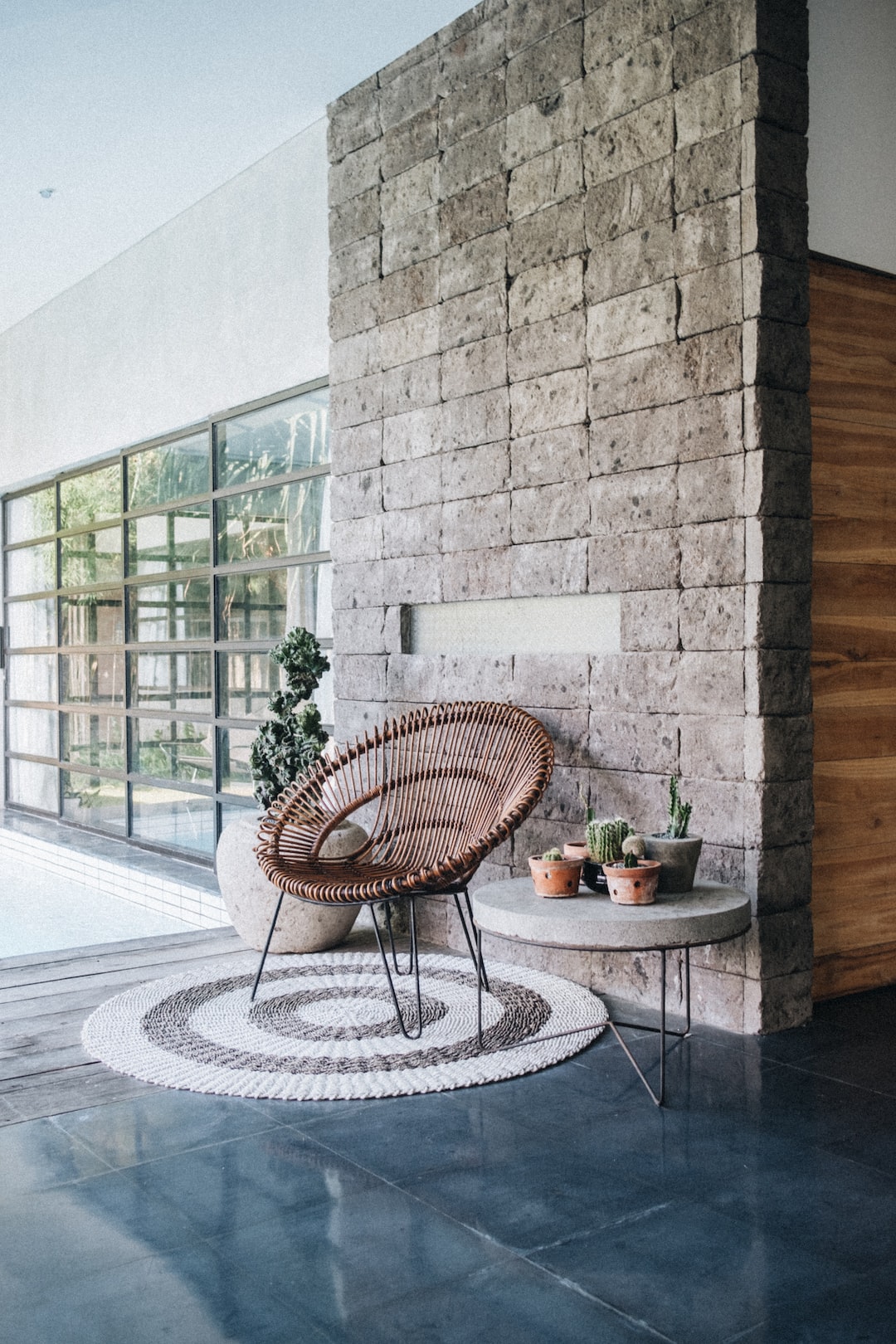Buying a home is one of the most significant investments you will make in your lifetime. Therefore, it is crucial to negotiate a better purchase price to ensure you get the best value for your money. While negotiating can be intimidating, especially if you are a first-time homebuyer, it is a skill worth cultivating. Here are some tips to help you negotiate a better home purchase price.
1. Do Your Research:
Before starting the negotiation process, it is important to gather all the necessary information about the property and the market. Research comparable home sales in the area to get an idea of the market value. Look into the property’s history, including how long it has been on the market and whether the price has been reduced previously. Armed with this knowledge, you will have a better understanding of the property’s worth and be better equipped to negotiate.
2. Start with a Reasonable Offer:
When making an offer, it is crucial to strike a balance between showing your interest and not giving away your maximum budget. Starting with a reasonable offer can set a positive tone for negotiations while leaving room for counteroffers from the seller. Offering a price lower than the asking price but within a reasonable range shows the seller that you are invested but also looking for a favorable deal.
3. Understand Motivation:
Understanding the seller’s motivation can be a strategic advantage during negotiations. If the property has been on the market for an extended period, the seller may be more willing to negotiate for fear of losing a potential buyer. On the other hand, if the seller needs to close the deal quickly, you might have more leverage in negotiations. A skilled real estate agent can help you uncover the seller’s motivation and guide you accordingly.
4. Be Prepared to Walk Away:
One of the most important tips for negotiating a better home purchase price is being willing to walk away if the deal does not meet your requirements. Walking away shows the seller that you are not desperate and can find another property if needed. This mindset can give you the upper hand and allows you to negotiate from a position of strength. However, be realistic and make sure you have a backup plan in case the deal falls through.
5. Bundle Your Offers:
If you are interested in purchasing additional items or want to negotiate other terms, try bundling your offers. For example, you can offer a lower price with a quick closing deadline or request repairs or upgrades to be made before the sale. By combining different elements, you provide the seller with flexibility and potentially improve your negotiation position.
6. Work with a Skilled Real Estate Agent:
Enlisting the help of a skilled real estate agent can significantly enhance your negotiation efforts. An experienced agent knows the local market and its nuances, has access to pricing data, and has developed negotiation skills over time. They can negotiate on your behalf, provide valuable advice, and ensure you get the best possible price.
7. Be Flexibile:
Flexibility can go a long way in negotiations. If you can offer the seller a flexible closing date or accommodate certain requests, such as a quick sale or delayed move-in, it might work to your advantage. Being flexible demonstrates your willingness to meet the seller halfway and could lead to a more favorable purchase price.
In conclusion, negotiating a better home purchase price requires research, preparation, and strategy. By following these tips, you can increase your chances of securing a great deal on your dream home. Remember to be reasonable, flexible, and prepared to walk away if needed. With patience and the right approach, you can negotiate a price that meets your financial goals and ensures the best value for your investment.


